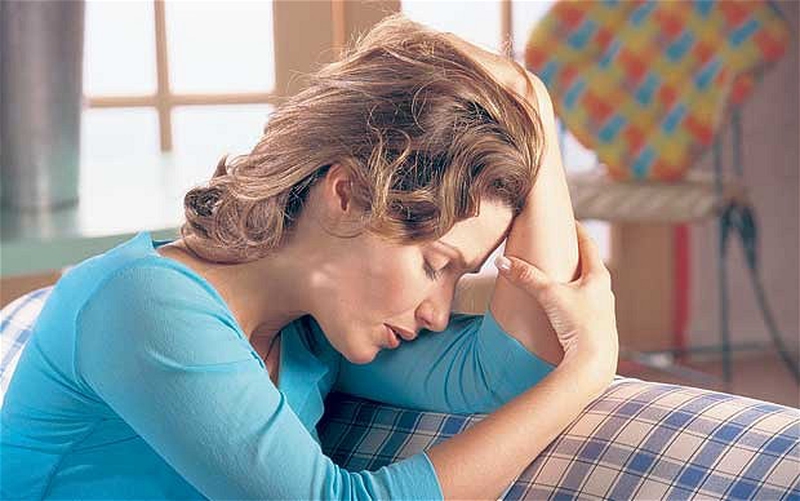Feeling sick after eating is usually an indication of distress to your digestive system. You may feel want to vomit, but this is not always the case. Sometimes medications you are taking or certain medical conditions can cause you to feel sick after eating and at other times it can be caused by bad habits. This situation can make it difficult for your body to get the nutrition it needs, so trying to discover what makes you sick is important for eliminating your nausea.

Possible Causes of Feeling Sick After Eating
Poor digestion
Poor digestion and problems that cause indigestion can lead to nausea after eating. This can also include heartburn and feeling bloated. Most over the counter medications can help alleviate these issues.
Unhealthy eating habits
If you go too long between meals you may find yourself feeling sick, when you do finally eat. If you haven’t eaten anything in a while, then eat slowly and chew your food completely.
Pregnancy
Being pregnant can cause a range of symptoms, including an increase in appetite as well as nausea after eating. Eating smaller, more frequent meals during the day can help alleviate the nausea you may experience after eating.
History of migraine
If you have a history of migraines, overeating and certain foods can trigger headaches accompanied by a feeling of nausea after eating. You may also experience vomiting and dizziness.
Acid reflux
Acid reflux can cause nausea after eating because the stomach produces excessive amounts of digestive acids. Gastroesophageal Disease (GERD) can lead to a malfunction of the lower esophageal sphincter muscles, preventing the esophagus from closing completely. These conditions are usually treated with OTC or prescription medications.
Postprandial hypotension
About one third of older adults can suffer from postprandial hypotension. This is a condition that results from changes in your blood pressure during digestion, causing nausea after eating. Other symptoms include feeling dizzy, chest pain and vision problems.
Food poisoning
Consuming food that is contaminated with viruses or bacteria can cause food poisoning. It can cause feeling sick after eating within hours of consumption. Common symptoms of food poisoning include nausea, vomiting, chills and fever. Sever cases usually require medical attention.
Appendicitis
Feeling sick after eating is a common symptom of appendicitis. If nausea is accompanied by pain in the lower right area of the abdomen, see your doctor immediately as your appendix can rupture.
Gallbladder disease
Patients with gallbladder disease who eat fatty or greasy foods can experience feeling sick after eating, especially in advanced stages of disease. Nausea after eating can also be due to biliary colic, which is common in people with gallbladder issues.
Irritable bowel disease
For people who suffer from Crohn’s disease or irritable bowel disease, feeling nausea after eating is common. These are inflammatory conditions that can cause other symptoms, including diarrhea and severe cramps. Eliminating caffeine and avoiding certain foods can alleviate symptoms.
Stomach cancer
Gastric or stomach cancer is the most serious cause, though an uncommon one, for feeling sick after eating. If you suspect your sick feeling after eating is related to cancer, check for rectal bleeding or blood in the stool.
How to Deal With Feeling Sick After Eating
Choose a BRAT diet
The BRAT diet refers to a diet, made up with bananas, rice, applesauce and toast and these bland foods can help alleviate any feeling of sickness after eating. Avoid eating any foods that are fatty, greasy, fried, sweet or spicy. These foods can aggravate your upset stomach.
Drink enough water
It is important to drink plenty of water to keep hydrated. Water helps flush toxins out of the system and can help alleviate any feeling of nausea after eating. Don't chug and sip water, instead to avoid irritating your stomach.
Get fresh air
In some cases, taking a walk and getting some fresh air can help alleviate nausea after eating. If it makes you feel worse, then stop.
Take OTC medication
Over-the-counter medications such as Pepto-Bismol or Maalox can help calm the stomach and alleviate nausea. Anti-motion sickness medications like Dramamine can also help. If these methods don’t resolve your stomach problems, or if your nausea worsens or other symptoms appear, consult with a physician right away as there could be an underlying problem.






View All Comments /Add Comment